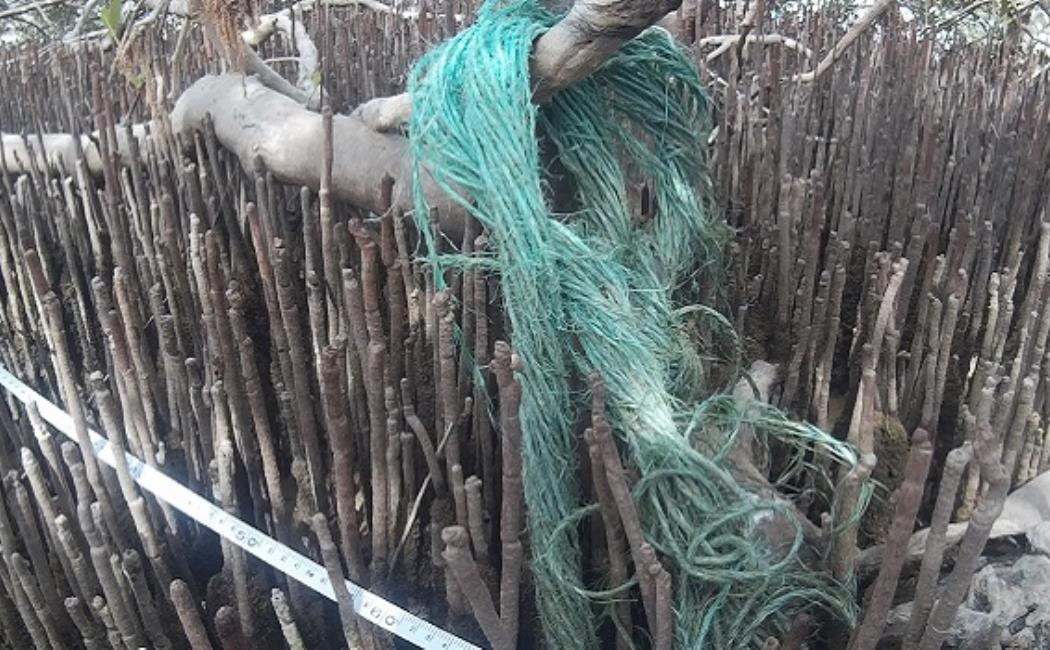
Mangrove forests trap floating litter
13 May, 2019
Mangrove forests on the coasts of Saudi Arabia act as litter traps, accumulating plastic debris from the marine environment, according to new research from KAUST. The study offers an explanation for the fate of missing marine plastic litter and highlights the threat it poses to coastal ecosystems.
“Of all the plastic discarded in the marine environment globally, only 1 percent is found floating in surface waters. That means that 99 percent of the plastic is elsewhere, but yet we don’t know where exactly,” says Cecilia Martin of KAUST’s Red Sea Research Center. In previous work, Martin and others in Carlos Duarte's research group, found relatively low levels of plastic litter in the Red Sea. Next, to identify the location of this missing litter, the team used an unmanned aerial vehicle to scour the beaches.
Click here to read the full story
Image: More than 90 percent of the litter found in the survey was identified as plastic: the most common types of litter included bottles, bags, lengths of rope and food wrappings.
© 2019 KAUST